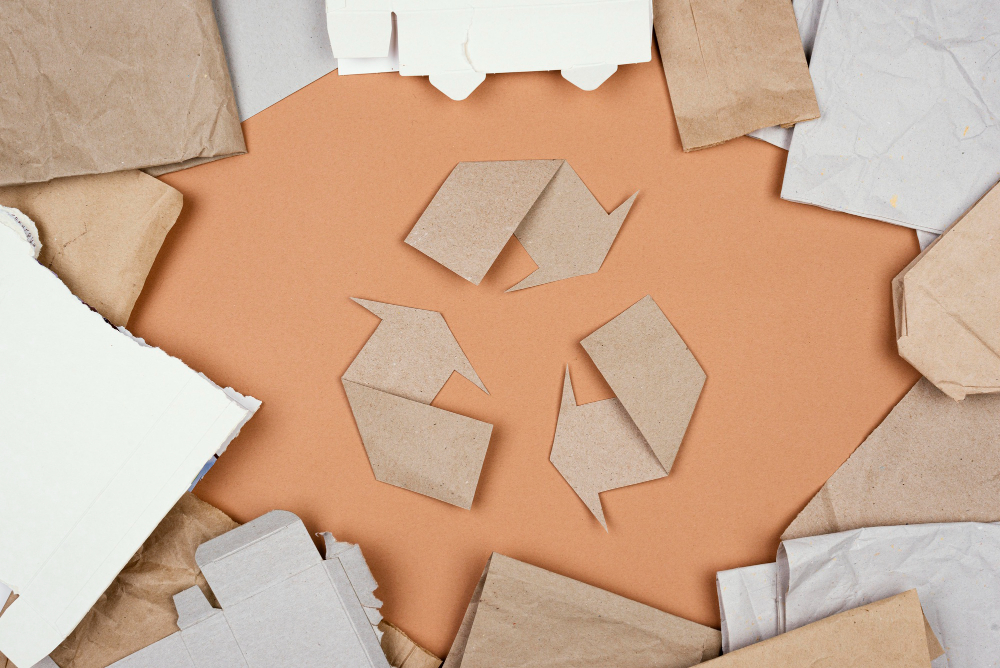Paper Recycling Misconceptions Debunked

There's no denying that recycling is more important now than ever before. It's crucial that we take steps to preserve the environment and our planet for future generations, and recycling is one of the easiest and most effective ways to do that. But there are often misconceptions surrounding the recycling process, and paper recycling is no exception. Here, we'll debunk some of the most common paper misconceptions and give you the information you need to make more informed decisions about paper recycling.
Misconception #1: Paper Recycling is a Waste of Resources
Many people believe that the resources required to collect, sort, and process paper for recycling actually outweigh the benefits of recycling. However, this simply isn't true. The energy and resources used to recycle paper are far less than what's required to produce new paper from scratch. In fact, recycling just one ton of paper can save up to 17 trees, 380 gallons of oil, 7,000 gallons of water, and 4,000 kilowatts of energy!
Misconception #2: You Can't Recycle Printed Paper
Another common misconception is that any paper with ink on it can't be recycled. This is simply not true - nearly all paper can be recycled, even if it contains ink or other substances. However, it's important to remove any non-paper items (like staples or paper clips) before recycling, as they can damage recycling equipment and slow down the process.
Misconception #3: Recycling Paper is Expensive
While it's true that there are costs associated with paper recycling (such as collection, transportation, and processing), recycling is actually much cheaper than producing new paper. In fact, in many cases, companies can save money by recycling their paper waste instead of disposing of it in a landfill.
Misconception #4: All Paper is Created Equal
There are many different types of paper, and not all of them are created equal when it comes to recycling. For example, glossy and coated papers (like those used in magazines) are more difficult to recycle than uncoated papers (like those used in newspapers). It's important to do your research and find out what types of paper can be recycled in your area before you start recycling.
Misconception #5: Recycling is a One-Time Solution
Finally, it's important to remember that recycling is not a one-time solution to the problem of waste. It's important to reduce our overall consumption of paper (and other materials) as much as possible, as well as to reuse and recycle whenever we can. By taking a multi-pronged approach, we can all do our part to protect our planet.
Conclusion
Paper recycling is an essential part of the larger effort to preserve our planet for future generations. By understanding some of the most common misconceptions about paper recycling - like the idea that it's a waste of resources or that printed paper can't be recycled - we can all take steps to make more informed decisions about our waste. Whether you're an individual or a business owner, taking steps to reduce, reuse, and recycle paper can have a big impact on both the environment and the bottom line. So let's work together to make paper recycling a priority and do our part for a healthier planet! If you're looking for paper recycling in Orlando, FL, contact Orlando Recycling today for a free consultation.